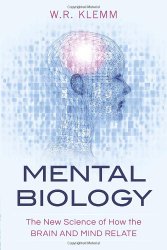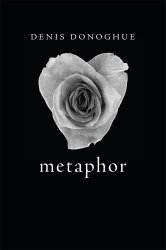new book – ‘Are You an Illusion?’ by Mary Midgley
April 13, 2014
Are You an Illusion? by Mary Midgley (Acumen, 2014)
Book description from the publisher:
Renowned philosopher Mary Midgley explores the remarkable gap that has opened up between our own understanding of our sense of our self and today’s scientific orthodoxy that claims the self to be nothing more than an elaborate illusion. Bringing her formidable acuity and analytic skills to bear, she exposes some very odd claims and muddled thinking on the part of cognitive scientists and psychologists when it comes to talk about the self. Well-known philosophical problems in causality, subjectivity, empiricism, free will and determinism are shown to have been glossed over by scientists claiming that the self is no more than a jumble of brain-cells. Midgley argues powerfully and persuasively that the rich variety of our imaginative life cannot be contained in the narrow bounds of a highly puritanical materialism that equates brain and self. The denial of the self has been sustained by the belief that physical science requires it, but there is not just one such pattern of thought but many others which all help to explain the different kinds of problems that arise in our life, argues Midgley. Physics’ amazing contemporary successes spring from attacking problems that arise within physics, not from outside. It is no more sensible to give a physical answer to a moral problem than it is to give political answers to physical ones. ‘Are you an Illusion?’ is an impassioned defence of the importance of our own experiences – the subjective sources of thought – which are every bit as necessary for the world as the objective ones such as brain cells.






